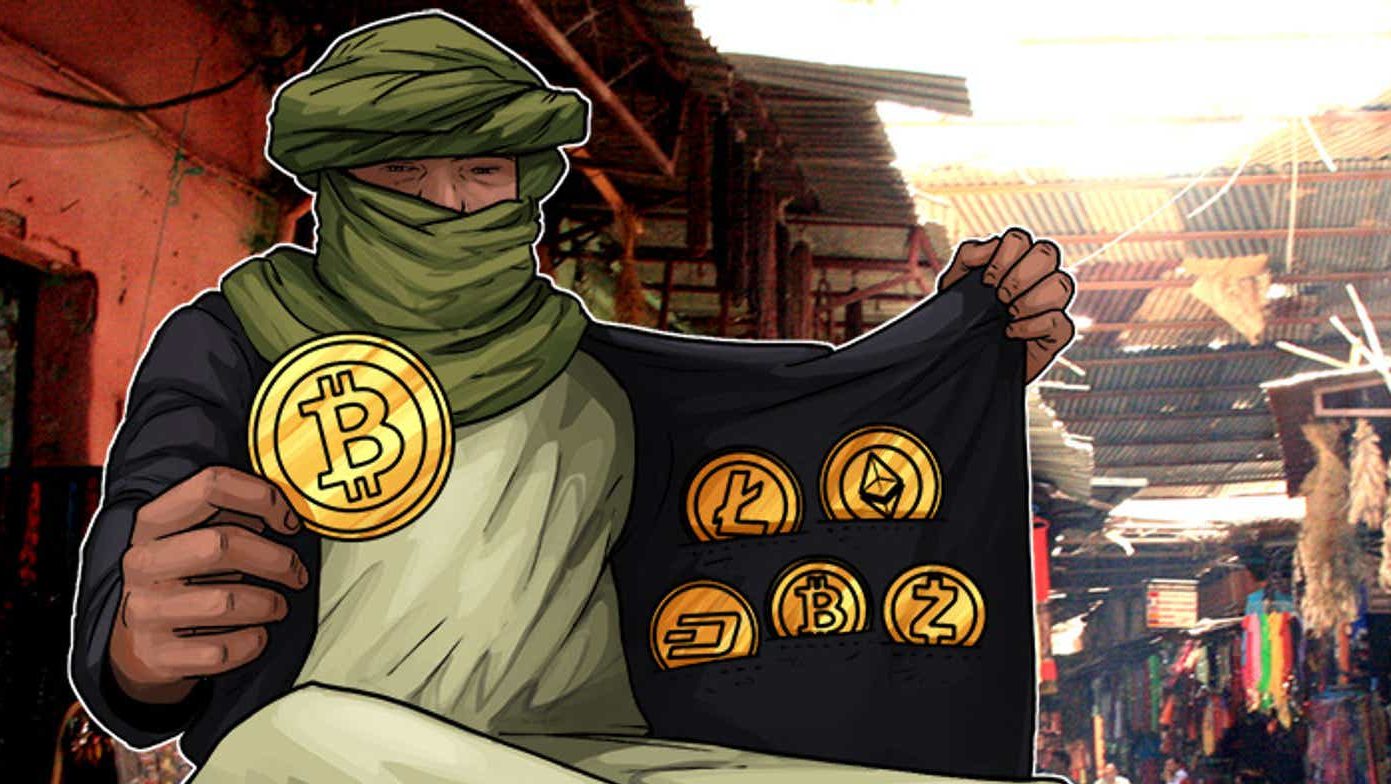For North African Crypto Usage, Morocco Leads The Pack—Not Egypt

When it comes to the largest economies [on many levels] in Africa’s emerging market wetland, Nigeria, South Africa, Kenya, and Egypt are cited as the heavyweights—more often than not referred to as The Big Four.
Since these countries also lead the pack in technological innovation and are among the 7 most populous civilizations on the continent, one might naturally expect the same quad to lead Africa’s crypto adoption.
Nigeria leads the revolution in Western Africa, South Africa in Southern Africa, and Kenya in Eastern Africa. However, in the Northern Africa region, Egypt has been unceremoniously ousted by Morocco.
Ironically, there is no Moroccan chapter to crypto-friendly regulations. The fundamental reason is: in November 2017, the country’s leadership explicitly placed a ban on the use of Bitcoin and other forms of cryptocurrency, nationwide.
The first official crypto ban in the entire Middle East and North Africa (MENA), the enactment came roughly a week after a Moroccan domain and web hosting services provider, MTDS, disclosed its intention to accept Bitcoin-based payments. More than 4 years later, the Arab-dominated nation is not any closer to welcoming cryptocurrency usage with open arms.
According to estimates from Singaporean cryptocurrency provider and aggregator, Triple A, show that 0.9 million people in Morocco—about 2.4 percent of the country’s populace, are in current possession of cryptocurrency assets.
These numbers do not only rank the “Kingdom of the West” as the top country for crypto holders in North Africa but also help it secure a place among the top 50 globally. Interestingly, there are more crypto-asset owners in Morocco than in Portugal (?).
Figures aside, why not Egypt, the cradle of civilization? While the country had a historic 2020 in terms of adoption, it appears crypto-unfriendly regulations have a stronger hold.
What’s more, per data from the United Kingdom-based crypto exchange, CEX.IO, Egyptian user registrations rose by 250 percent between December 2020 and January 2021. Meanwhile, LocalBitcoins reported a 100 percent increase in user registrations and trading volumes from Egypt between 2019 and 2020.
Yet, in Egypt, crypto trading is treated almost the same as illegal narcotic dealerships. Since 2018, cryptocurrency usage has been forbidden supposedly under the auspices of Islamic law.
What’s worse, there remains uncertainty around the development of a proper regulatory framework, since the religious decree from Egypt’s Grand Mufti, Shawki Allam, is not necessarily a legal directive.
Moreover, during the amendment of the nation’s banking laws in September 2020, the issuing, dealing, or promotion of crypto in the absence of a license from the Central Bank of Egypt (CBE) was prohibited.
“For the stability of the Egyptian banking system, the banks deal with the official currencies only, and never deal with any virtual currencies,” the apex bank said at the time.
It is almost the same scene back in Morocco, but something slightly different puts the country in front of Egypt.
According to the Triple A report, the Moroccan peer-to-peer (P2P) trading volumes unexpectedly surged in 2021, when the country’s central bank, Bank-Al-Maghrib (BAM), announced its interest in exploring the upsides of launching a national digital currency. Today, only Nigeria and Ghana have rolled out a CBDC in Africa.
Last week, Attijariwafa Bank, which is referred to as the largest of all banking service operators in Morocco (with up to USD 53.3 B worth of AUM), became a member of Bank of America-backed RippleNet—an international cross-border payment network established by Ripple, the American blockchain firm.
According to Attijariwaf, the partnership will enable the bank conduct “instantaneous transactions”, suggesting a little shift towards digital currencies.
Generally, Africa is still in its early days of crypto use and regulation. But, experts believe that the continent—on the back of having the fastest-growing crypto market worldwide—will play a prime role in helping the global market for these digital assets fully enter the mainstream.
Featured Image: Cointelegraph